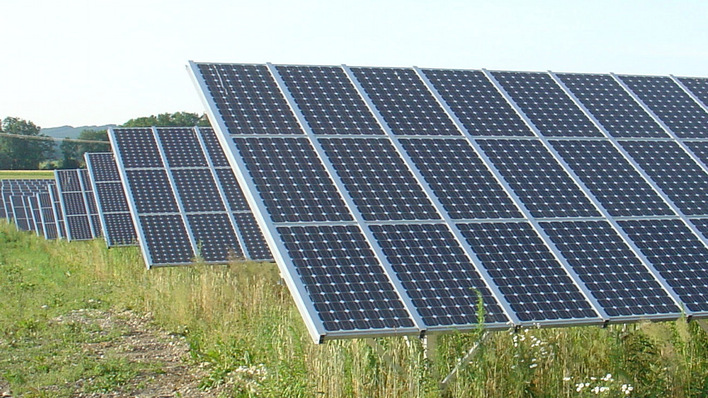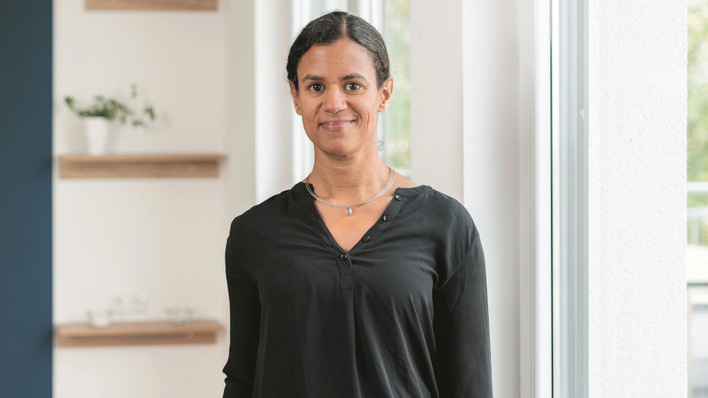What were the key takeaways from the recent European PPA sector gathering at RE-Source 2025 in Amsterdam?
Uncertainty and a sense of upheaval are currently shaping the market. After years of record deals, the PPA business has collapsed sharply this year. Sustainability and climate protection are being called into question politically, not only by the US administration under Donald Trump. Nevertheless, there are still many multinational companies that view PPAs as their most important tool for achieving sustainability targets.
RE-Source calls for swift PPA market action
In several European countries, grid expansion is failing to keep pace with the growth of renewables. One consequence, seen for example in Spain and France, is a sharp increase in negative wholesale electricity prices. This combination is dampening appetite for PPAs and making investment more challenging. Negative electricity prices are a particular risk for existing PPAs, as these often include clauses that temporarily suspend the PPA during such periods, resulting in no remuneration for operators. Stakeholders therefore used RE-Source as an opportunity to discuss innovative solutions.
Could retrofitting solar parks with battery storage provide a remedy?
In principle, storage offers a good way to balance short-term generation peaks and cushion periods of negative prices. However, a number of challenges arise with existing projects. PPA contracts must be adapted and renegotiated. Operating battery storage in co-location projects is also a more complex challenge than managing stand-alone storage or pure solar parks. Adjusting the business models for retrofitted projects is demanding and must take into account factors like potential battery lifetime and discharge cycles.
PPA price gap stifles renewable project deals
A key issue is that many projects do not receive approval for import capacity, and the BESS in co-location projects can only provide the urgently needed flexibility to the system to a very limited extent. The resulting loss of revenue reduces the economic viability of the co-location project. It is therefore up to grid operators to promptly implement or offer regulations that allow this flexibility to be used in a way that supports the grid and the system.
All these issues have been the subject of intensive discussions among stakeholders for some time, with the aim of further integrating storage technologies into the market.
What is the current outlook for new solar parks in this challenging environment?
If the combination with batteries is planned from the outset and included in the PPA contracts, it is much simpler. All our newly planned solar parks now include battery storage, and in key markets such as Spain and the United Kingdom, co-location projects are establishing themselves as the new standard.
Are banks willing to finance these projects?
Banks remain cautious when it comes to financing battery-backed PPA projects. Medium-sized offtakers often lose out to large corporations, as they are usually not rated and some banks find it more difficult to assess their credit risk. This makes a new pilot programme from the European Investment Bank all the more important: €500 million to support corporate PPAs for medium-sized companies.
Interview by Hans-Christoph Neidlein









